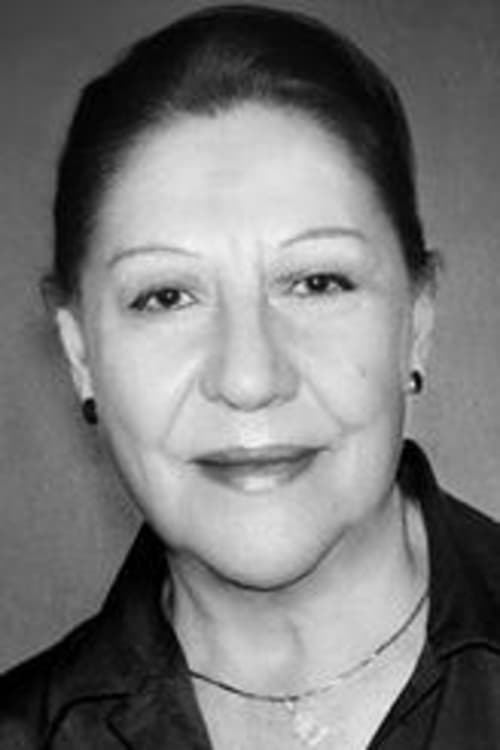
Magda Vizcaíno
Рождение : 1928-01-14, Ciudad Guzman, Jalisco, Mexico
История
Daughter of José de Jesús Vizcaíno, one of the most prolific writers of the golden age of radio in Mexico. Since the beginning of her career, her voice has accompanied the history of Radio UNAM, Radio Educación, IMER, XEW and XEQ.
Graduated from INBA and CUT, she was part of the National Theater Company of UNAM, which with the plays Divinas Palabras (dir. Juan Ibáñez) and Olímpica (dir. Héctor Azar) toured various cities in Europe during 1964 and 1965, winning multiple awards. For the play La Ronda de las Arpías (dir. Mercedes de la Cruz, Pablo Leder) she was recognized as Best Supporting Actress in 1991. Throughout her life she has participated in dozens of plays.
On television, her first role was as a storyteller on a program that was broadcast every Sunday on Channel Five. Later she participated in teletheaters, soap operas and educational programs, among which Santa (Miguel Sabido) and Fonda Susilla stand out.
In cinema, she started with films such as Para servir a usted, Maten al león and Los indolentes by José Estrada and Divinas Palabras and A Fuego Lento by Juan Ibáñez. Her voice was immortalized as the narrator of the classic El grito, México 1968, by Leobardo López Arretche. With her performance in Martha, by Marcelino Islas, which debuted at the Venice Critics' Week, she conquered audiences around the world and was recognized in Mexico with the Ariel for Best Actress. In 2019, she starred in Encuentro, by Ivan Löwenberg, becoming one of the eldest actresses ever to portray an LGBT+ character.

Maestra (voz)
Bego, a housewife in a mid-life crisis, lives bored and afraid of being inconsequential, however, her life evolves into a mysterious game once she enters into a cult that preaches three days of darkness...

Araceli
Arcelia takes care of her lifetime partner Lulu. Julian, a teenager exploring his identity, lives under the watch of his conservative mother. A sudden event will draw an unexpected path between the old couple and Julian.
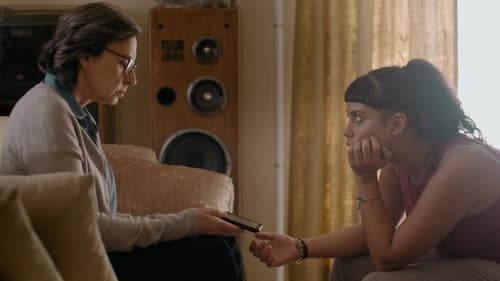
Teacher Magda
Verónica, a middle-aged highschool history teacher, leads a non eventful life: she has grownup children, grandchildren and a less than perfect marriage. This dynamic seems to be the only thing she can hold on to, as she battles a terminal illness. As she reluctantly accepts her fate, she meets Eva, an irreverent and misunderstood new student who unknowingly injects some life and enthusiasm back into her and provides her with the tools to deal with her destiny.

Inés
Ines is an old atheist woman who is intrigued by the funeral services provided by Giovanna, who takes her on a tour through the graveyard to show her all the special attentions they offer to their clients

Señora Flores
Angélica and José Luis have been married for thirty years and they have always lived at the same house; first with their son, Daniel, and now, by themselves. Their daily routine is threatened when José Luis loses a leg in a car accident. When they try to restructure their life, they realize their relation was already fractured and opt for silence. However, they begin a passionate search for all they have lost. José Luis takes refuge in a sexual fantasy about his young nurse, while Angélica tries to remain just as contained as she always has for so many years.

Dolores
Three octogenarians set out on a trip in order to fulfill the dying wish of a lifelong friend, in spite of the disapproval of their families and the limitations of their advanced age. Along the way, they find themselves embroiled in a series of comedic misadventures and meet a cast of colorful characters. Their journey fundamentally alters each characters' sense of self and their place in the world. There is, indeed, life after 80.
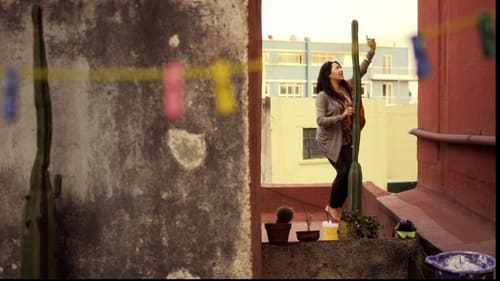
Abuela
A woman defines her life on how she interacts with people online, disregarding the people in front of her.

A woman defines her life on how she interacts with people online, disregarding the people in front of her.

Chayito
The story is about a young man suffering mental retardation and sexual awakening, poet is charismatic and has the ability to pay attention to those little insignificant details of everyday life. His new status as a lover will bring popularity and with it problems will expose prejudice and false morality of a blinded people to wash their sins charged with the death of the less guilty.

Madame Ottado
Nathan is a very gifted Mexican scientist specializing in cellular biology. He is a very withdrawn man, good, solitary and helpful, who has a secret passion for Maya, one of his colleagues at work. But soon their lives are shaken by an encounter with Jacques, a man with supernatural powers.

Martha
Martha is a 75-year old woman who lives alone in a social interest house in the outskirts of Mexico City. Martha decides to end her life. Her thrilling journey towards death, will surprisingly lead her, for the first time, to life.

Doña Milita
Grandma feels good, but everyone tells her she is about to die

Abuela
"Las Lloronas" is an adaptation of the legend of "La Llorona"(Weeping Woman). It's based on the story of three generations of women within a Mexican familiy. Cursed by la llorona, these women fight to overcome the situations that arise by this. Through the struggles that these women face, they must eventually come to terms with destiny. "Las Lloronas" is a story of love, loss and triumph of the spirit, as well as the inner strength that each women has within.

Clarita
Adapted by writer/director Fernando Sariñana from the stories by Juan Madrid, Ciudades Oscuras (Dark Cities) tells a story of interwoven lives in the seedy underbelly of Mexico City. The several different story lines concern hooker Lola (Dolores Heredia); her drug addict son Fede (Diego Luna); her friend Zeze (Zaide Silvia Gutierrez); Zeze's daughter Susana (Jimena Ayala); and junkie Vicente (Roberto Sosa). Also on the scene are two corrupt cops (Alejandro Tommasi and Jesus Ochoa) and one good cop (Odiseo Bichir), while Chicken (Hector Suarez) and Casimiro (Alonso Echanove) each tell their separate stories to the same bartender (Demian Bichir). ~ Andrea LeVasseur, Rovi

Doña Armida
In this remake of the 40's classic, two lovers murder each other, leading to an investigation and the closing of the Saln Mxico, a famous place where people used to go to dance before WWII. The police investigation leads to several flashbacks about the life and death of a low-life dancer named Mercedes (Maria Rojo) and her lover.

Esmeralda
A series of events related to a 100 dollar bill.
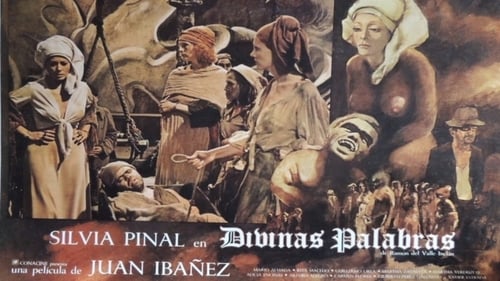
Juana la Reina
Mari Gaila (Silvia Pinal), is an adulteress who lives between ragged, thieves, prostitutes, dwarfs and other misshapen beings, in a rare box at a country and a vague time. Her husband, is a poor sacristan who agrees with other relatives to do business with the display of his orphaned nephew, a mentally retarded dwarf. Caught in committing adultery with her lover, Mari Gaila is caged naked and punished by the people.

Three episodes: 1) "A Christmas dinner" where the family members fantasize about being somewhere else. The fetishist father wants to put on feminine clothes. The son longs for another transvestite adventure. The daughter yearns to be a singer and destroy the saints of the church with her voice. The youngest son wants to stab everyone dead. 2) "Game of mirrors". Two young classmates kiss on a picnic, but the girl's brother accuses the couple of being immoral. Bizarre things develop. 3) "Tetrahedron". A very fat man faces his girlfriend's longing for love.

Mujer en quinceañera
Working-class dude gets a gig as a waiter doing banquet service, and loses his moral compass through his contacts with decadent rich folk.
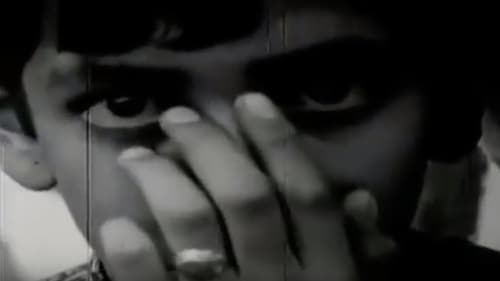
In the summer of revolt 1968, student Leobardo López Aretche captured the protests in Mexico City, and the state’s brutal response, up close – and like many of his subjects and fellow comrades, would pay a high price for his audacity. Fifty years later, his movie is no longer a secret.









